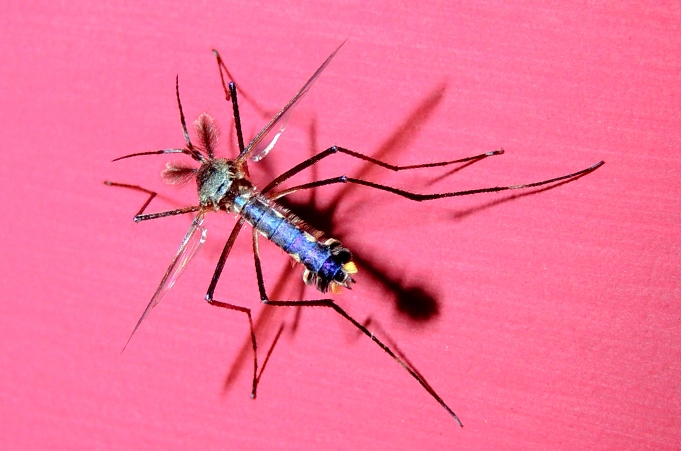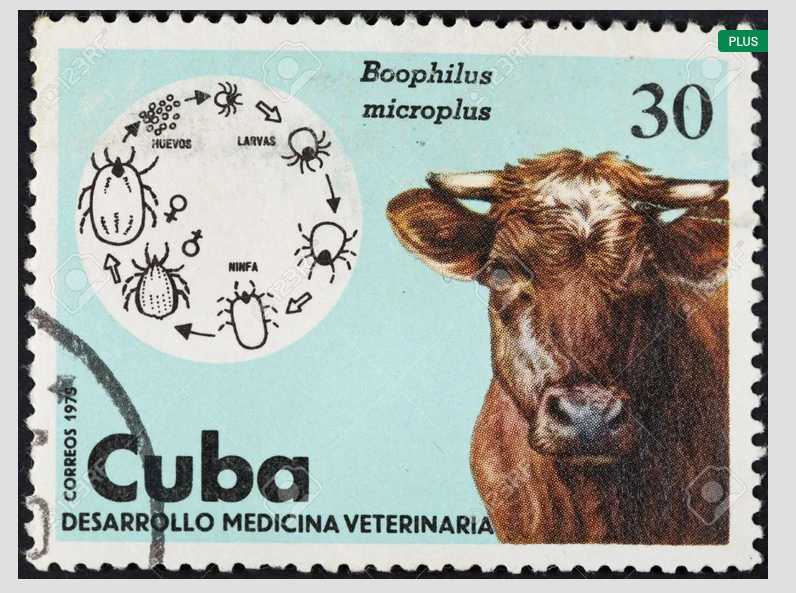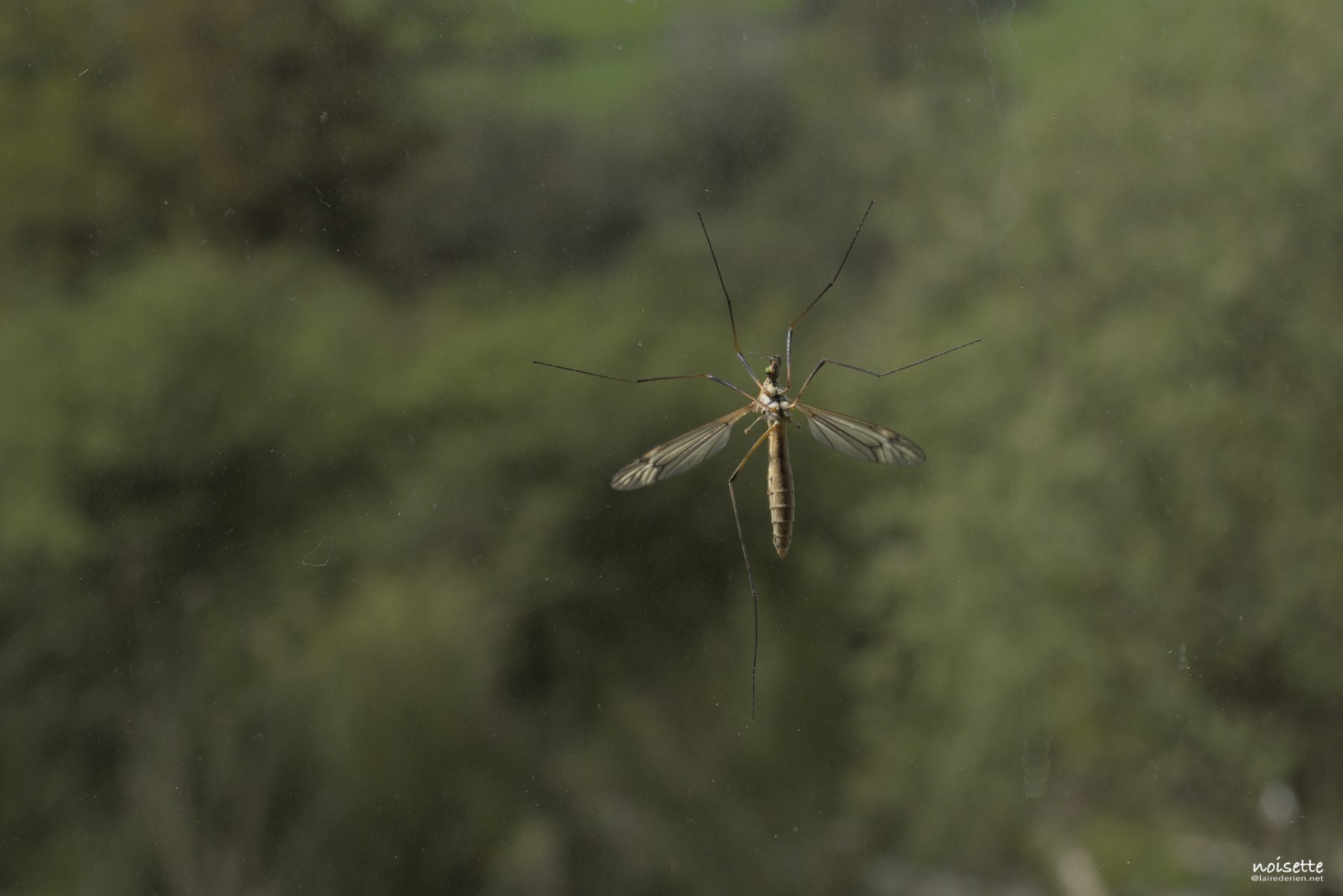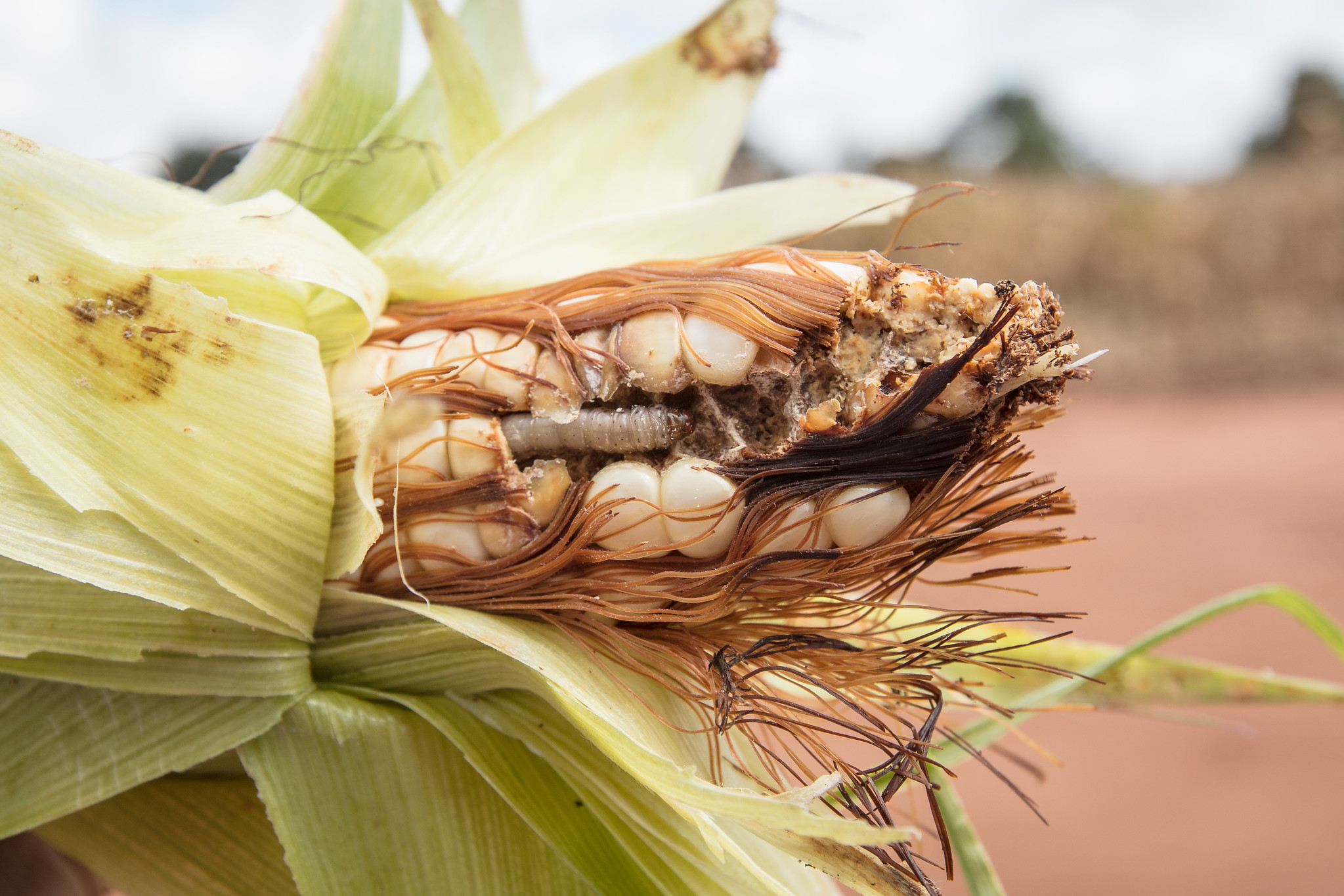GMOs : ambiguity of the animal breeding industry
For some European animal breeding industries, new genetic modification techniques can contribute to a sustainable food system. But, they say, their use must be done with great care, so as not to jeopardise food safety and animal health and welfare. This precaution is coupled with a call for « a legal framework on imports to ensure transparency on the introduction of GM animals and products into Europe », a transparency already provided for in the current GMO regulation.
Since 2020, the European Commission has been consulting on a possible proposal to deregulate GMOs obtained by “directed mutagenesis and cisgenesis“ [1]. Among the actors in the GMO dossier who responded, there are some who have not been heard from publicly during the two decades of debate on transgenic GMOs, those actors are in the animal sector.
No commercialisation “for the moment”
Whether or not to use new genetic modification techniques is a different question for animals than for plants, according to an animal industry organisation. In 2021, in response to the consultation organised by the European Commission, the European Forum of Farm Animal Breeders (EFFAB), representing the animal breeding industries, explained that “some of EFFAB’s members are using this technology as a research tool, with, for the time being, no intention of commercialising any product“ [2] It also stated that it had doubts about the acceptability of such genetically modified products by the public, surreptitiously adding that “they are legally GMOs“.
Furthermore, obtaining a new characteristic in an animal using a genetic modification method is difficult. As the EFFAB points out, “single gene traits are good targets […] but many traits are polygenic“. Beyond this complexity of having to modify several gene sequences for a new trait, companies using these techniques must also take into account unintended effects which, for their part, plant biotechnology promoters dismiss as “plant « suffering » is not taken into consideration whereas animal suffering is. Thus, “extensive scientific research must be conducted. The identification of long-term and off-target effects as well as residues in the genome […] need to be further studied“.
Traceability and transparency demanded… and possible
The industries represented by EFFAB want to be protected from imports of GM animals into Europe. At a seminar in March 2021 [3], the European organisation FABRE-TP (Farm Animal Breeding and Reproduction Technology Platform), also representing animal breeding industries, called for “a regulatory framework on imports to ensure transparency on the introduction of animals [genetically modified by new techniques] or their products into Europe. Otherwise, ’European producers and breeders will be unfairly put in competition with these […] imported products’.
These industries explain that they have the tools to ensure transparency and traceability. In 2021, EFFAB explained that companies and breeders’ organizations have ’a long experience in traceability of animal semen, pedigrees and performance records […] All data are recorded in global / national / private databases’ [4]. Not to mention the need for transparency to ensure that the European industry is not left alone in the face of external competition.









